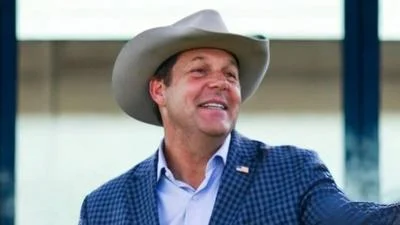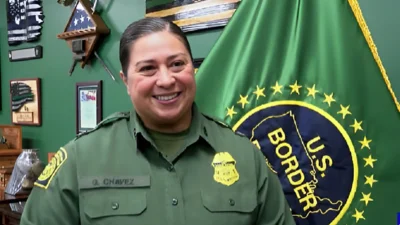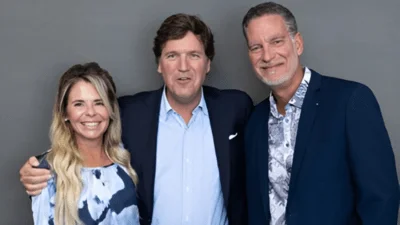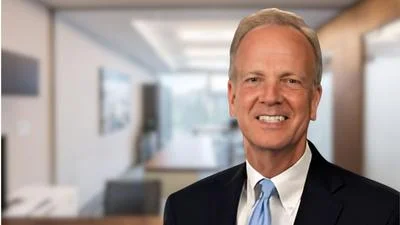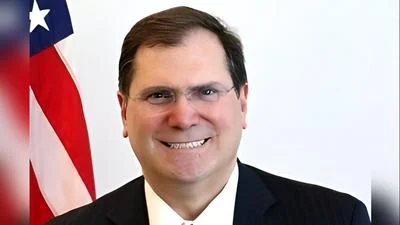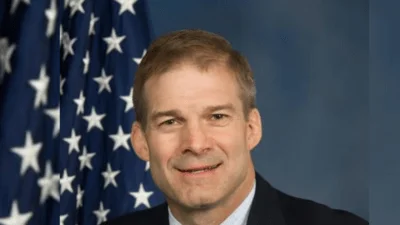Good morning, and welcome to our witnesses and audience members. Thank you for being here today.
Today marks the first time in twelve years that the Ways and Means Committee has held a hearing on climate change.
How long ago is that? Twelve years ago, the iPhone wasn’t available for sale yet. Twelve years ago, you had to raise your arm to hail a cab, rather than tapping your phone.
And twelve years ago, the Patriots had a mere three Super Bowl victories. To say that this hearing is long overdue is a gross understatement.
Since that last hearing, the effects of climate change have become only more pronounced. Six of the ten hottest years on record were in the last 12 years, including the last five consecutive years. And sea levels are rising even faster now than they were in the 1990s. At this rate, they are set to rise between one and four feet in less than a century.
Major climate events are affecting hundreds of thousands of people in the United States. On a global scale, that number rises to millions. Our colleagues from California can speak directly to what the growing frequency of wildfires means to the communities they represent, and our colleagues in the Carolinas know the devastation and tremendous loss of life from hurricanes and floods.
While some continue to doubt the relationship between these events and climate change, the scientific community agrees that the increasing temperatures of our oceans and our planet exacerbate the intensity of natural disasters.
In fact, the world’s leading climate scientists have warned that we have less than a dozen years to limit global warming to 1.5 degrees Celsius; exceeding that level by even half a degree will significantly worsen droughts, floods, extreme heat, and storms - and this will all push hundreds of millions of people further into poverty.
I convened today’s hearing to explore how climate change is affecting several issues in our Committee’s jurisdiction, and to discuss the opportunities for our Committee to address them. To do so, we must accept today’s realities:
First, climate change is real. The business community understands this, and savvy companies are planning accordingly.
Second, climate change is harmful. The witnesses at the dais today will speak in detail about its negative health and economic impacts.
And finally, it’s time for Congress to get on board. We cannot rely solely on the business community to solve this problem for us. The federal government has a significant role to play in creating real pathways for meaningful, long-term economic growth that creates solutions to reduce carbon emissions.
In March, the UN General Assembly President delivered a powerful speech that should serve as a warning to all policy makers worldwide: “We are the last generation that can prevent irreparable damage to our planet," she said.
We must seize this opportunity to work towards comprehensive solutions to this crisis. We can grow our economy, reduce carbon emissions, and promote growth that will ensure that our farmlands, our shorelines, our forests, and our cities are preserved for future generations.
This committee has the tools at our disposal to drive innovation, spur technological advancement, and usher in an era of economic and environmental security and prosperity for years to come.
We have a moral imperative to act, and we must act now.
And with that I will recognize the Ranking Member, Mr. Brady, for an opening statement.
